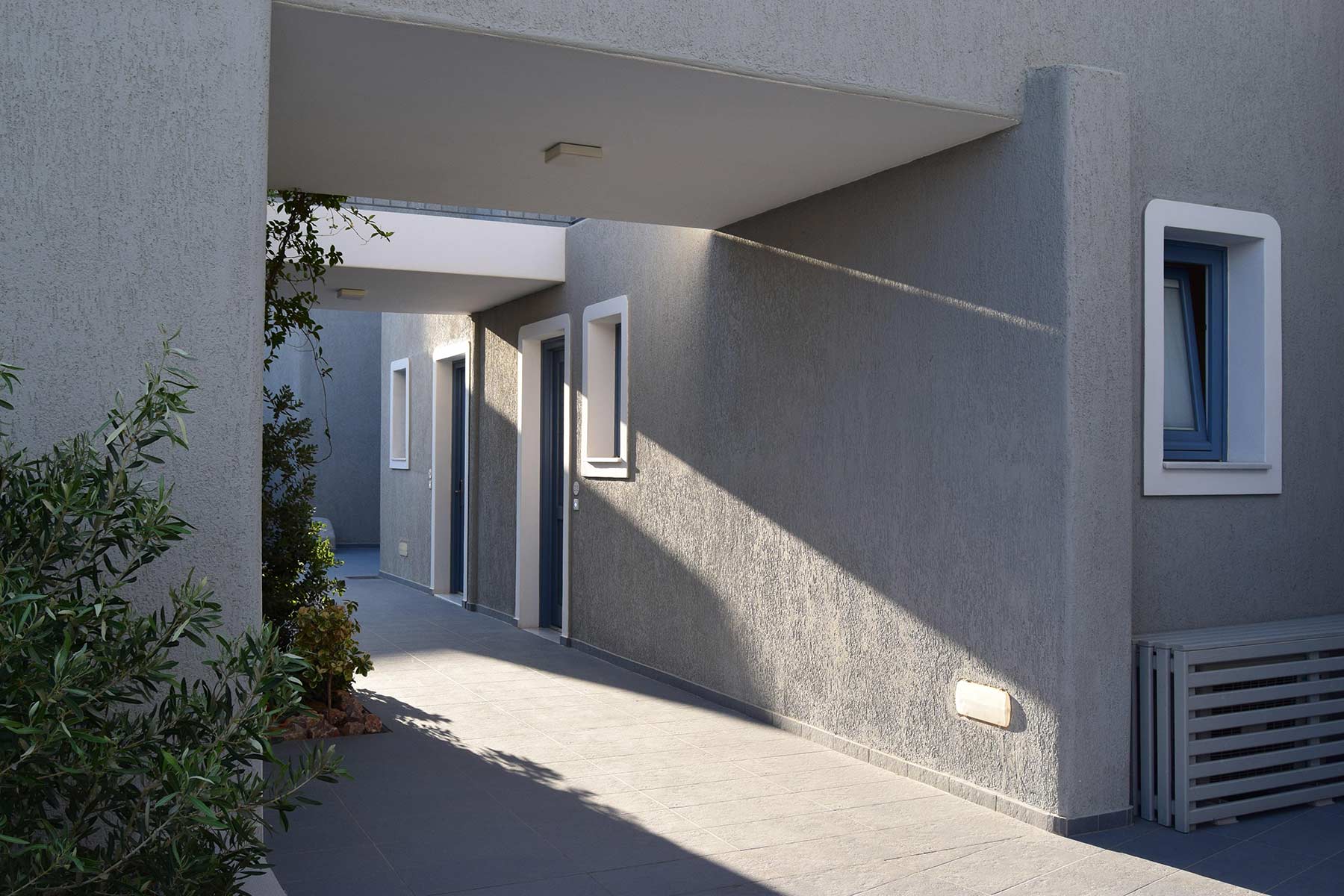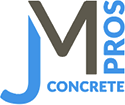
Whether you’re expecting visitors or trying to attract potential homebuyers, maintaining your property’s appearance is essential. From the front lawn to the driveway, every aspect of your home’s exterior makes a lasting impression. That’s why investing in residential concrete can significantly enhance both the curb appeal and overall value of your home.
Decorative concrete is a versatile material that can be used in various ways to improve the appearance of your property. Whether you’re considering a new concrete patio, a functional retention wall, or other concrete features, it offers the potential to elevate the overall look of your home. Here’s everything you need to know about incorporating concrete into your property, from cost considerations to the different ways it can be used.
Types of Residential Concrete
Concrete is an incredibly versatile material, and there are many ways to incorporate it into your landscaping or hardscaping projects. Some of the most common uses of residential concrete include:
- Driveways: A concrete driveway is not only durable but also improves the overall appearance of your home’s entrance.
- Patios: Concrete patios offer a solid foundation for outdoor living spaces, making them both functional and aesthetically pleasing.
- Garage Floors: Concrete garage floors are low-maintenance and can withstand heavy wear and tear.
- Stairs: Concrete stairs are sturdy and can be designed to fit your desired aesthetic.
- Countertops: Concrete countertops can add an industrial, contemporary look to kitchens and bathrooms.
Consulting with local hardscaping contractors, like those in Phoenix, Arizona, can help you determine the best concrete applications for your property.
Benefits of Decorative Concrete
Adding concrete to your property comes with a variety of benefits, making it a wise investment. Here are some of the key advantages of decorative concrete:
1. Durability
Concrete is well-known for its durability and long lifespan. It can withstand harsh weather conditions, such as extreme heat, rain, or snow, and actually becomes stronger over time. This makes concrete an ideal choice for areas prone to severe weather, ensuring that you’ll save money on repairs in the long run.
2. Low Maintenance
One of the main reasons homeowners choose concrete is because it’s low-maintenance. Once installed, concrete requires very little upkeep, saving you both time and money. Unlike other materials, it resists damage from regular wear and tear, meaning it doesn’t need frequent repairs or replacements.
3. Versatility
Concrete is incredibly versatile and can be molded into various shapes, textures, and finishes. Whether you want to create a sleek, modern look with polished concrete or a more traditional look with stamped concrete, the possibilities are endless. The material can be customized to fit the specific style and aesthetic of your home.
4. Energy Efficiency
In addition to its physical benefits, concrete also has energy-saving properties. Concrete can store thermal energy, helping to regulate indoor temperatures by absorbing heat during the day and releasing it at night. This helps reduce heating and cooling costs, making your home more energy-efficient.
5. Affordability
Concrete is one of the most cost-effective building materials available. Its production costs are lower than many other materials, and because it is widely available, it is relatively inexpensive to purchase and install. For homeowners looking to improve their property without breaking the bank, concrete is an affordable option.
6. Water Resistance
Concrete is highly resistant to water, which makes it ideal for use in areas that are frequently exposed to rain or moisture. Unlike wood or other materials that can degrade over time due to water damage, concrete remains strong and durable even in wet conditions.
What to Know Before Having Concrete Installed
To make the most of your concrete installation, it’s essential to know what to expect. Familiarizing yourself with the process, costs, and potential challenges will ensure a successful project.
- Plan Ahead: Determine which concrete features you want to add to your property, whether it’s a driveway, patio, or retaining wall. Conduct thorough research to understand how these additions will complement your home’s design and how they’ll look once installed.
- Understand the Costs: The cost of installing concrete can vary based on the type of project, the size of the area, and local labor rates. Be sure to include any permit or inspection fees that may be required for your project. It’s important to have a clear budget in mind before you start.
- Hire a Professional: Installing concrete properly requires expertise, so it’s a good idea to hire experienced contractors who can help bring your vision to life. They can guide you through the selection process, ensure the concrete is properly installed, and help you avoid potential mistakes.
Increasing Your Home Value with Concrete
Incorporating decorative concrete into your property can enhance its curb appeal and increase its overall value. Whether you’re adding a new driveway, patio, or retaining wall, concrete can instantly elevate the look of your home. With careful planning and the right team of professionals, you can create an exterior that looks polished and refined.
To get started on your concrete project, contact JM Concrete Pros in Chandler, Arizona. Their expert team can help you design and install the perfect concrete features for your property. With their assistance, you’ll have a beautiful, functional exterior that will impress guests and potential buyers alike.
